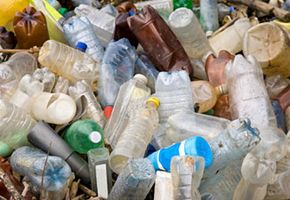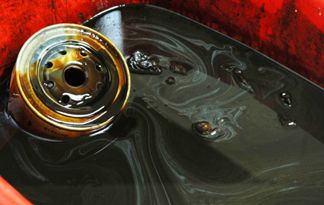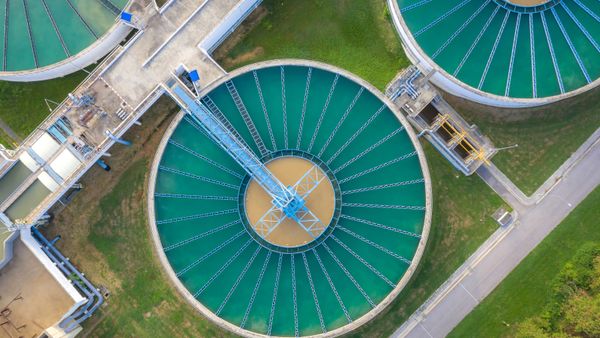Key Takeaways
- Recycling programs increase community participation in sustainable practices, leading to more materials being recycled rather than incinerated or dumped in landfills.
- Recycling reduces the production of methane from landfills, a potent greenhouse gas.
- Recycling stimulates the local economy by creating jobs in the sorting and processing of recyclables, which is more labor-intensive than waste disposal.
Lots of people consider recycling to be kind of a no-brainer, something we all should do. It’s good for the environment, it re-uses materials rather than creates new ones, it reduces landfills -- the list goes on and on. But one major benefit that people often overlook is the impact recycling programs can have on a community.
For one thing, recycling programs encourage people to (you guessed it) recycle. When your town doesn’t have a built-in way to recycle and you have to go out of your way to do it, are you more or less likely to make it happen? The easier it is for community members to recycle, the more likely they are to do so. Therefore, if a community invests in a solid and reliable recycling infrastructure, more materials will ultimately be recycled rather than incinerated or put in a landfill -- both of which have harmful environmental effects.
Advertisement
Landfills are a primary contributor to the greenhouse gas output of the United States. Decomposing garbage generates methane, which is about twenty times more effective than carbon dioxide at trapping heat in the Earth’s atmosphere, according to the Environmental Protection Agency. So, all the stuff we throw in landfills has a direct effect on global warming, which makes recycling sound like a pretty good idea.
Recycling programs also contribute to the overall health and well-being of a community. Sustainable companies, or corporations that use recycled materials, will be more likely to establish ties or open up branches in a town that has a vested interest in recycling. Fewer landfills means better property values, as well as the knowledge that your community is actually working to mitigate global warming. Communities that actively recycle send the message that they really do care about the environment.
All altruism aside, recycling can stimulate your local economy in a big way. Preparing material for recycling is much more labor-intensive than incineration or landfilling. The recyclables have to be sorted and then processed according to type, whereas non-recycled trash doesn't undergo any kind of specialized processing. In fact, the Institute for Local Self-Reliance reports that industries engaged in sorting and processing recyclable material employ 10 times more people than traditional waste disposal firms do. The recycling process has a lot of steps, and the more of those steps you have locally, the more jobs you create in your community. And, of course, those jobs help stimulate the local economy, in terms of both individual and corporate buying power.
So, how can your community’s recycling program improve? For one, you can contact your local government and make sure it has a good understanding of the recycling process. Try to communicate openly with the people in your area. You might find a way to help your neighborhood, your local economy and your planet all in one go.
Advertisement



